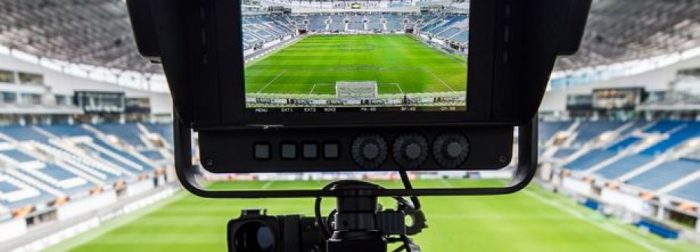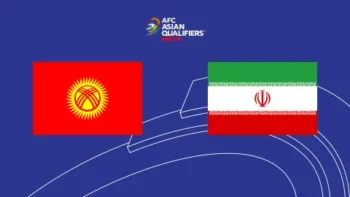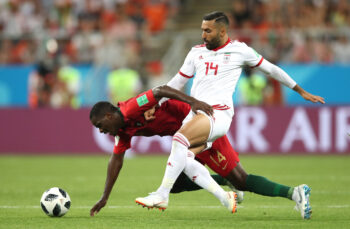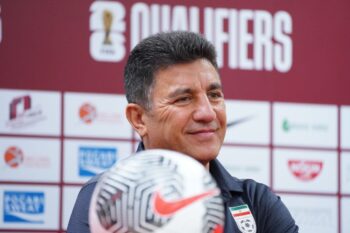Economic viability of Iran’s football in doubt

The Financial Tribune – TEHRAN, Economy plays a key role in today’s football. Professional football clubs are likened to economic entities that create revenue streams for their shareholders and generate considerable direct and indirect value to their countries’ economy.
However, Iranian football clubs are yet to be included among such entities though.
Mahmoud Eslamian, a member of Iran’s Football Federation’s board of directors, believes the Iranian football’s economics is not lucrative.
“To cover all its expenses, Iran’s football must have a source of revenue,” he said, adding that football broadcasting rights are one of these sources, which account for over 60% of clubs’ revenues in the world.
For example, the UAE’s Football League annually makes $100 million from television rights or the Premier League sold television rights to its games for a record £5.136 billion in 2015.
“Iran’s Football Federation does not have such incomes. The country’s major clubs have run up huge debts and local clubs cannot meet their expenses. I wonder why the Islamic Republic of Iran Broadcasting does not pay football broadcasting rights and compensations. Is it possible to refuse to pay the producers of TV series? I even believe it (IRIB’s failure to pay broadcasting rights) is religiously wrong,” Eslamian told the Persian daily Etemad.
He went on to say that there is also no copyright protection when it comes to advertising in Iran.
“Football clubs’ products like shirts are made and sold by different workshops. These problems will ultimately lead to the bankruptcy of football clubs,” he said.
Noting that football is a social, cultural and economic phenomenon and can help bring about national unity, Eslamian said the costs of running a football club or the national football team are huge but its economic viability is still in question in Iran.
Eslamian said employment of efficient managers in sports clubs would lead to economic advancement.
“For example, Carlos Queiroz, the Portuguese football coach of the Iranian national team, has put in a brilliant performance. His management model can be adapted in the economy. He only cares about talents and not the name or what teams footballers have played in. Queiroz has created a good deal of discipline in the national team,” he said.




